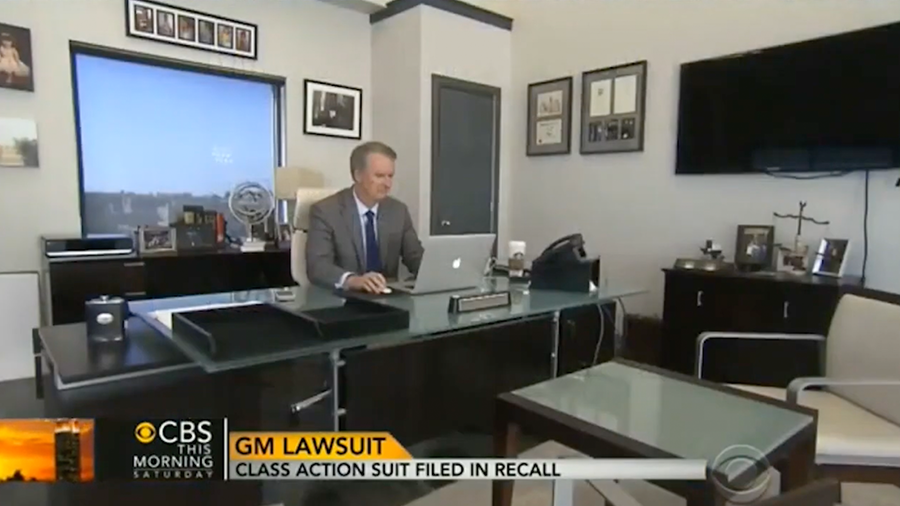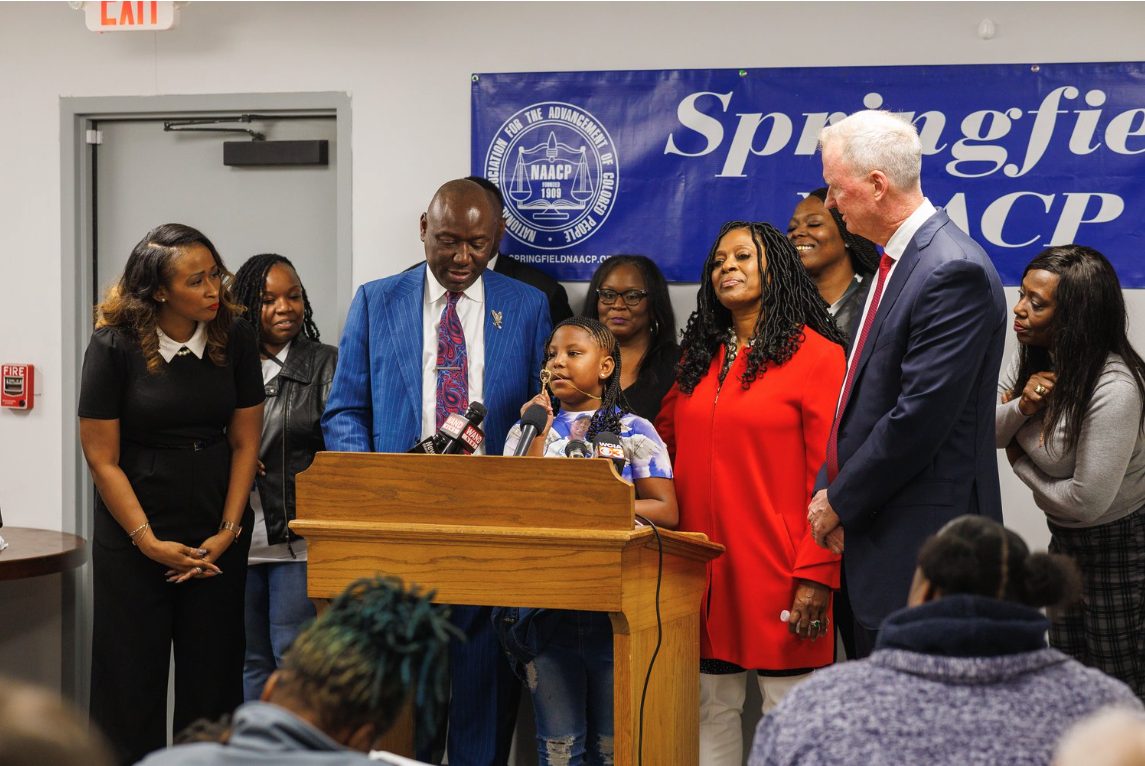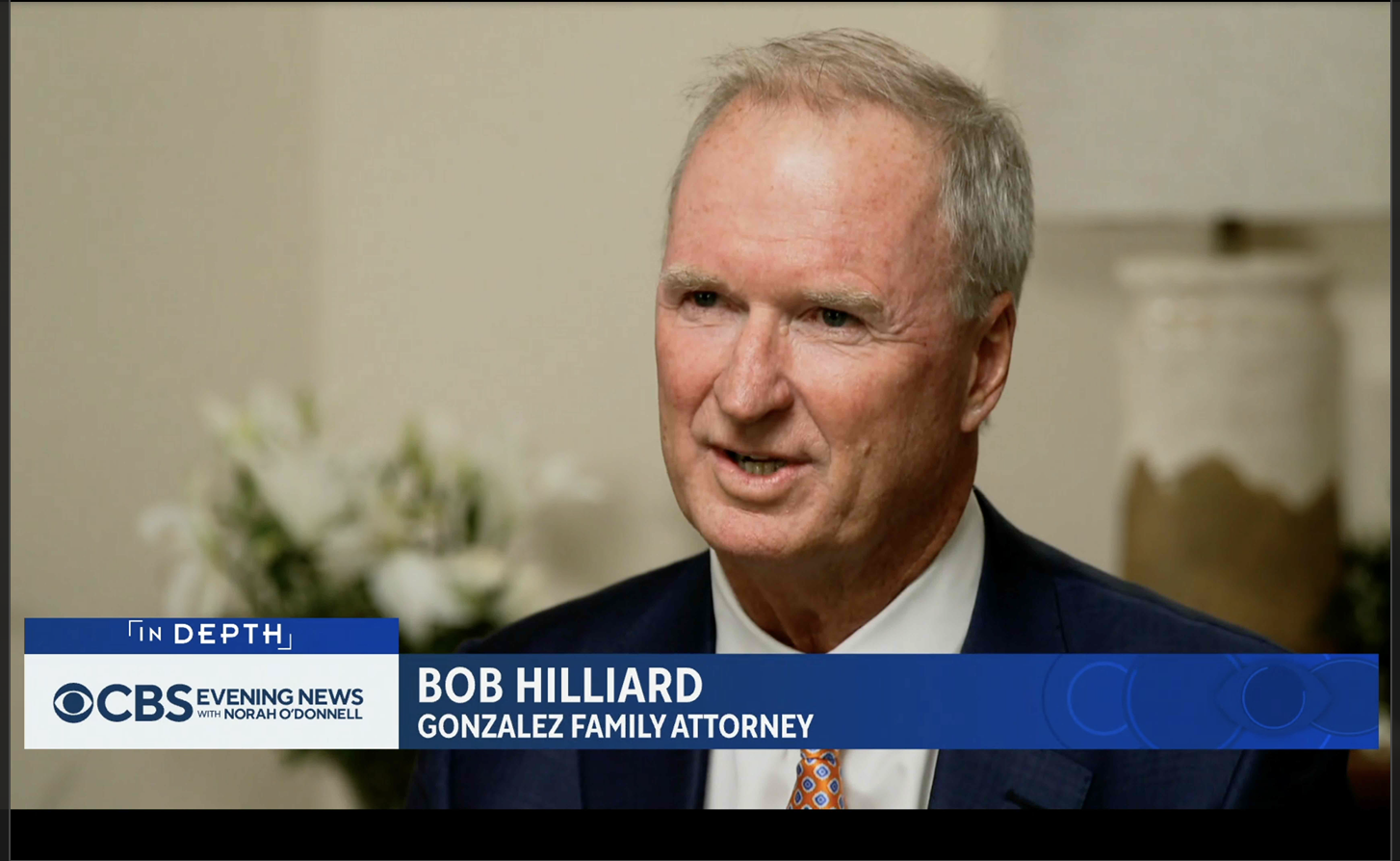Federal Judge Certifies Seven State Classes in Multi-State CP4 Fuel Pump Defect Class Action

Detroit, MI – April 1, 2023
On Friday, March 23rd, in a case involving defective CP4 high-pressure fuel injection pumps installed in 2010-2016 model year GM Duramax diesel vehicles, Judge Terrence G. Berg of the Eastern District of Michigan granted class certification to seven state-specific classes as well as denied all of GM’s Daubert motions as to Plaintiffs’ experts.
Attorney Bob Hilliard, of Hilliard Law, whose firm was one of three firms appointed as Class Counsel by Judge Berg, said in a statement:
“We commend the Court’s thorough and well-reasoned analysis. It is clear that the CP4 fuel pump cannot work properly in U.S. vehicles. Never could. GM has known this since before the first CP4 pump was put in the first GM truck on the production line, yet it knowingly allowed these defective pumps to destroy thousands of engines and denied warranty after warranty, costing each hard-working truck owner tens of thousands of dollars out of their own pockets. We look forward to trial and showing a jury the overwhelming evidence found in GM’s own damning documents, proving beyond any doubt GM knew of this defect from day one.”
The Court’s Order Granting Class Certification
The Court ultimately certified seven state classes with the following class definitions:
- All persons or entities who purchased one or more of the Class Vehicles from a GM-authorized dealership in California from March 1, 2010, to the date of the Court-ordered notice to the Certified California Class, on claims for: (i) violation of the California Unfair Competition Law, Cal Bus. & Prof. Code § 17200 et seq.; (ii) violation of the California Consumer Legal Remedies Act, Cal. Civ. Code § 1750 et seq.; and (iii) violation of the implied warranty of merchantability under California law, Cal. Civ. Code § 1791 et seq., and the Magnuson-Moss Warranty Act.
- All persons or entities who purchased one or more of the Class Vehicles from a GM-authorized dealership in Florida from March 1, 2010, to the date of the Court-ordered notice to the Certified Florida Class, on a claim for violation of the Florida Deceptive and Unfair Trade Practices Act, Fla. Stat. § 510.201 et seq.
- All persons or entities who purchased one or more of the Class Vehicles from a GM-authorized dealership in Illinois from March 1, 2010, to the date of the Court-ordered notice to the Certified Illinois Class, on a claim for violation of the Illinois Consumer Fraud and Deceptive Business Practices Act, 815 ILCS 505/1 et seq.
- All persons who purchased one or more of the Class Vehicles from a GM-authorized dealership in Iowa from March 1, 2010, to the date of the Court-ordered notice to the Certified Iowa Class, on a claim under the Iowa Private Right of Action for Consumer Frauds Act, Iowa Code Ann. § 714H.1 et seq.
- All persons or entities who purchased one or more of the Class Vehicles from a GM-authorized dealership in New York from March 1, 2010, to the date of the Court-ordered notice to the Certified New York Class, on a claim for violation of the New York Deceptive Practices Act, N.Y. Gen. Bus. Law § 349(a).
- All persons or entities who purchased one or more of the Class Vehicles from a GM-authorized dealership in Pennsylvania from March 1, 2010, to the date of the Court-ordered notice to the Certified Pennsylvania Class, on a claim for violation of the implied warranty of merchantability under Pennsylvania law, 13 Pa. Cons. Stat. Ann. § 2314. and the Magnuson-Moss Warranty Act.
- All persons or entities who purchased one or more of the Class Vehicles from a GM-authorized dealership in Texas from March 1, 2010, to the date of the Court-ordered notice to the Certified Texas Class, on a claim for violation of the implied warranty of merchantability under Texas law, Tex. Bus. & Com. Code §§ 2.314 & 2A.212, and Magnuson-Moss Warranty Act.
Notably, GM discontinued the use of the CP4 altogether after the 2016 model year, after seeing scores of CP4 fuel injection pump failures.
RELATED READING: Kenneth Feinberg GM Compensation Fund Claim Administrator Announces First Claims
In granting certification, the Court explained that “the question of whether and when GM knew about this defect may be answered once for the whole class based on common evidence,” and further noted:
GM first argues that Plaintiffs cannot show a central defect stretching across the classes because, it says, Dr. Edgar’s testimony is insufficient to demonstrate a defect and should be excluded by the Court. . . . The Court has admitted Dr. Edgar’s testimony and finds that it raises an issue that a defect exists, so this argument is moot.
The Court further noted that in the context of Plaintiffs’ class implied warranty of merchantability claims: “Plaintiffs have common evidence, in the form of Dr. Edgar’s testimony[,] about the likelihood of malfunction during a vehicle’s useful life, capable of establishing whether the class vehicles are unfit for use.” The Court went on:
Plaintiffs intend to offer common proof—through the testimony of GM engineers, internal testing data, and GM’s correspondence with Bosch—that GM knew of the alleged design defect even before it began production of class vehicles. They also intend to offer common proof—through testimony by GM employees, GM’s internal warranty data, GM’s instructions to dealerships, and marketing literature—that GM failed to disclose the design defect and actively concealed it even though class vehicles immediately began failing in the field. . . . The issues Plaintiffs have identified are sufficient to show commonality.
With respect to GM’s argument that individuals who have not yet experienced CP4 fuel pump failure did not have standing to bring claims, the Court explained:
In opposing class certification, GM reprises its argument from its Motion to Dismiss that named plaintiffs whose vehicles have not experienced a catastrophic failure do not have standing and therefore cannot represent the class. It contends that anyone whose vehicle still performs properly has received the “benefit of their bargain” and therefore has not suffered an injury-in-fact under Article III. . . . The Court has previously rejected this argument, concluding that even those who have not yet experienced a failure have adequately alleged they have been damaged by overpaying for their vehicles as a consequence of GM’s failure to disclose the problems with the CP4 pump. . . . GM has not advanced any new arguments, so the Court’s conclusion regarding standing remains the same. . . . Whether the alleged defect actually manifested itself has no bearing on what consumers would have done if they were provided with information about the defect.”
The Court further underscored that “each Plaintiff purchased a class vehicle in the state they are representing[, e]ach asserts that there were no disclosures to them of the alleged defect[, e]ach either experienced a catastrophic failure or paid a price for their vehicle they would not have paid if the design defect had been disclosed to them[,] and [each] seeks the same form of either compensation for alleged overpayment or recovery of costs incurred in repairing or replacing defective pumps. Their interests thus ‘align with those of the represented group.’”
RELATED READING: GM Recall Video Collection
The Court went on to reject GM’s arguments as to the adequacy of the named Class Representatives, noting that “[t]hey have vigorously pursued the interests of absent class members, including participating in discovery and sitting for depositions. Their claims are typical of the classes which they represent; they seek the same relief in the form of either recovery of repair costs or compensation for alleged overpayment for defective cars at the point of sale.” The Court also affirmed the adequacy of the proposed Class Counsel, specifically Hilliard Martinez Gonzalez LLP, Hagens Berman Sobol Shapiro LLP, and The Miller Law Firm P.C., and appointed them to serve as Class Counsel for all certified classes.
The Court aptly noted that “[t]he array of predominating common questions and issues—i.e., whether the pump was defective and rendered the class vehicles unmerchantable and fundamentally defective, whether GM knew that the pump was defective, whether GM had a duty to disclose that the pump was defective, and whether GM breached its duty to disclose that the pump was defect—renders adjudication in a single action effective and efficient.”

The Court Order Rejecting GM’s Daubert Arguments
In Friday’s other order, Judge Berg rejected GM’s arguments to exclude all four of Plaintiffs’ experts. Specifically, he found that the testimony of Plaintiffs’ mechanical engineering expert, Dr. Bradley L. Edgar, was reliable and admissible, noting in summation that, “After its own review of Dr. Edgar’s report, the Court concludes that it is highly technical, related to his expertise, and would provide helpful context and analysis for a jury, as well as the Court.”
The Court similarly upheld the opinions of Plaintiffs’ expert Edward Stockton, who opines on the average cost of CP4 repair for those individuals who are part of the so-called failure classes (i.e., those individuals who have experienced CP4 failure and had to pay the cost of repair out of pocket) — a repair cost which is widely known to be upwards of $10,000. As the Court explained:
“Echoing its complaints about Dr. Edgar, GM additionally argues that Stockton’s calculations are unreliable because he used data that may reflect instances where there was not actually a pump failure. . . . But none of GM’s challenges are specific or concerning enough to warrant exclusion of Stockton’s testimony. . . . And as GM admitted during oral arguments, some data ‘cleansing’ was necessary because GM’s data production included numerous records not relevant to Plaintiffs’ claims. . . . The Court concludes that Stockton’s methodology is sufficiently based in economic principles and industry-backed to be reliable. . . . GM’s arguments ignore that he also conducted calculations with [a] fuller dataset to test the sensitivity of his methods. Id. He offered plausible and transparent reasons for culling the data as he did.”
RELATED READING: JUDGE REJECTS GENERAL MOTORS MOTION TO DISMISS CP4 FUEL PUMP LITIGATION
The Court went on to note: “What’s more, GM wrongly frames Plaintiffs’ theory as being only about U.S. diesel fuel. It appears to suggest that Stockton should have included only repairs that were identified as being related to out-of-spec fuel. . . . But . . . . Plaintiffs’ theory of liability is that the design of the CP4 pump itself is defective.” Therefore, the Court held, GM’s challenges to purportedly individualized failure “causes” went to weight, not admissibility.
Finally, the Court rejected GM’s attempts at excluding experts Steven Gaskin and Colin Weir, who calculated class-wide damages using conjoint analysis for “overpayment” class members (i.e., those class members who have purchased a defective CP4-equipped vehicle but have not yet experienced catastrophic CP4 failure requiring out-of-pocket repairs). The Court explained:
The key issue for the Court is whether, as required by Daubert, the analysis reliably determines diminution to the class vehicles’ reasonable market value caused by the allegedly defective pump. . . . Their analysis is informed by historical marketplace and quantity data. GM offers nothing to suggest that the analysis deviates in any significant way from the usual principles by which a conjoint analysis survey is designed. And since there are multiple accepted ways of conducting a conjoint analysis, any dispute with their method goes to its weight, not its admissibility.
The case is Chapman, et al. v. GM LLC, No. 2:19-cv-12333-TGB (E.D. Mich.).
Schedule an Interview
Contact Elisabeth Tabor – 361-201-1597
ABOUT HILLIARD LAW
Bob Hilliard has led Hilliard Law to the forefront of national trial law firms. Having tried over 150 jury trials, Mr. Hilliard is also a two-time winner of the National Law Journal’s prestigious Elite Trial Lawyer of the Year award, for both products liability and motor vehicles as well as being recognized as a Super Lawyer for the past 20 years. Mr. Hilliard is double board certified in Civil Trial Law and Personal Injury Trial Law and is recognized as one of the top 100 trial lawyers in the United States. In the past six months, Hilliard Law’s 40-lawyer firm has already secured over 100 million dollars in verdicts and settlements. For more information, visit https://hilliard-law.com/.









